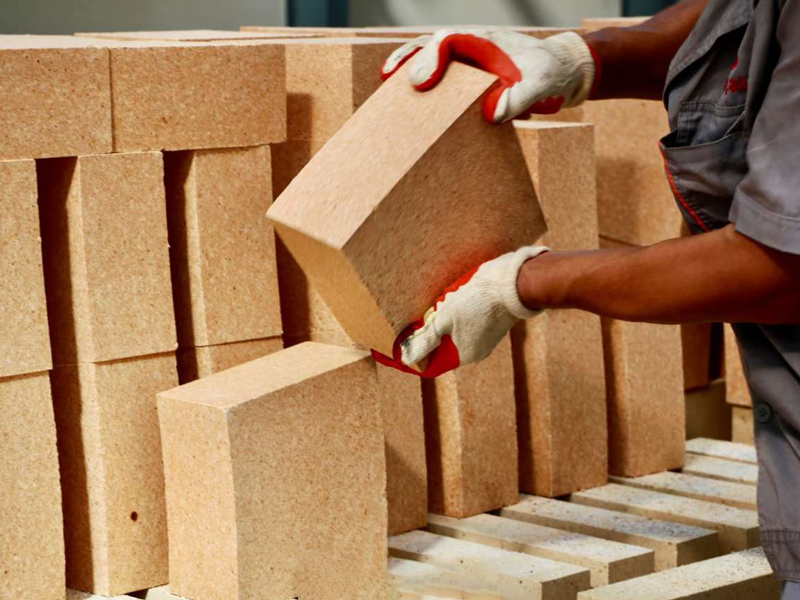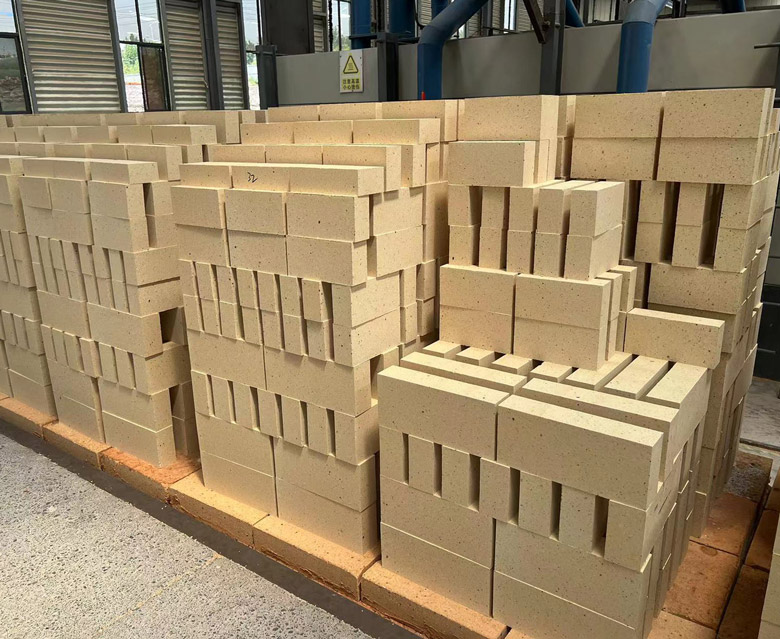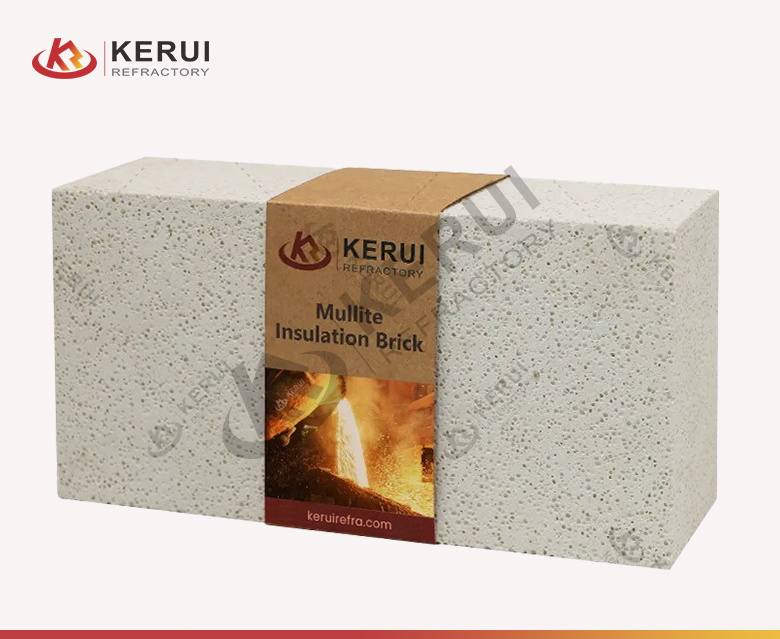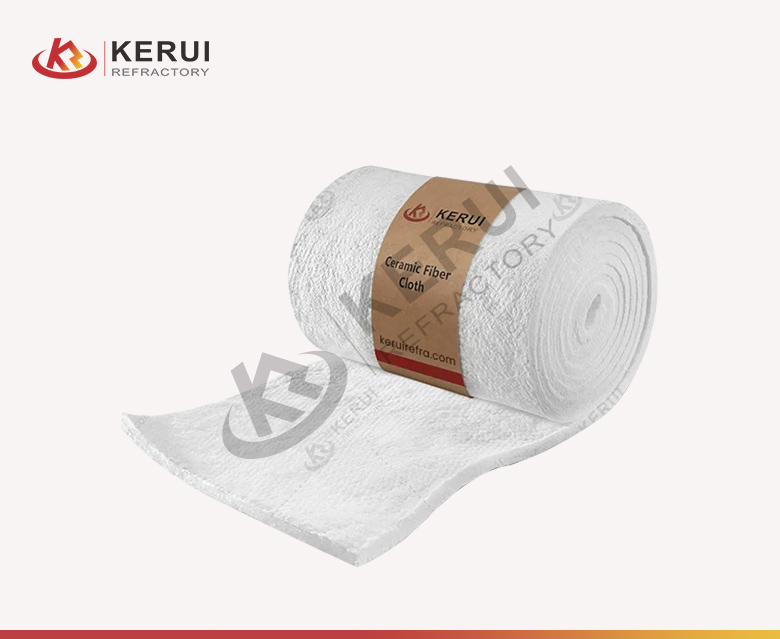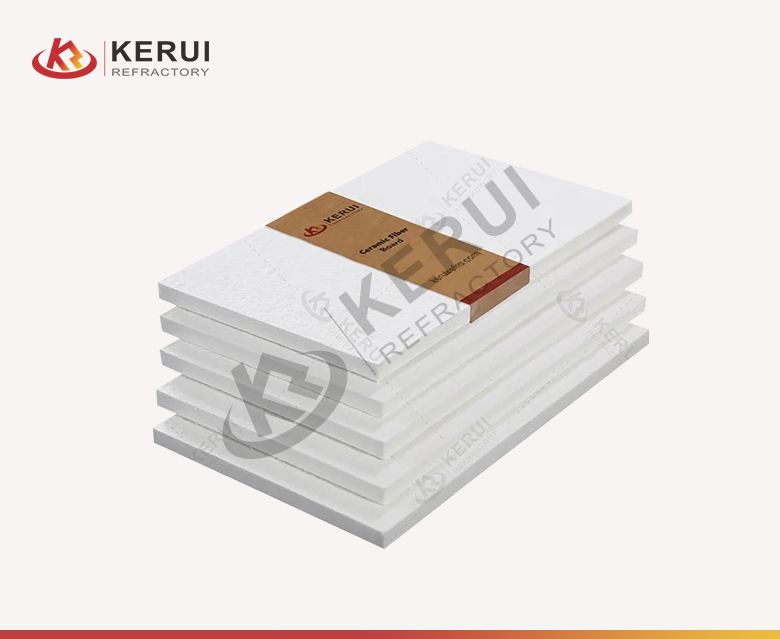Energy electricity utilizes the natural resources that converter into usable energy by processing. It is a role part of a state economy that has strategic meaning. Therefore, more and more countries focus on how to develop clean energy. Kerui as the refractory material supplier, is determined to provide the optimal environment-friendly refractory materials.
Introduction of Energy Electricity Industry
As we mentioned above, the energy industry tends to develop green energy because of sustainable development. With the development of technology and ideology, the modern energy industry mainly includes solar electricity, geothermal power, garbage power, nuclear power stations, etc.
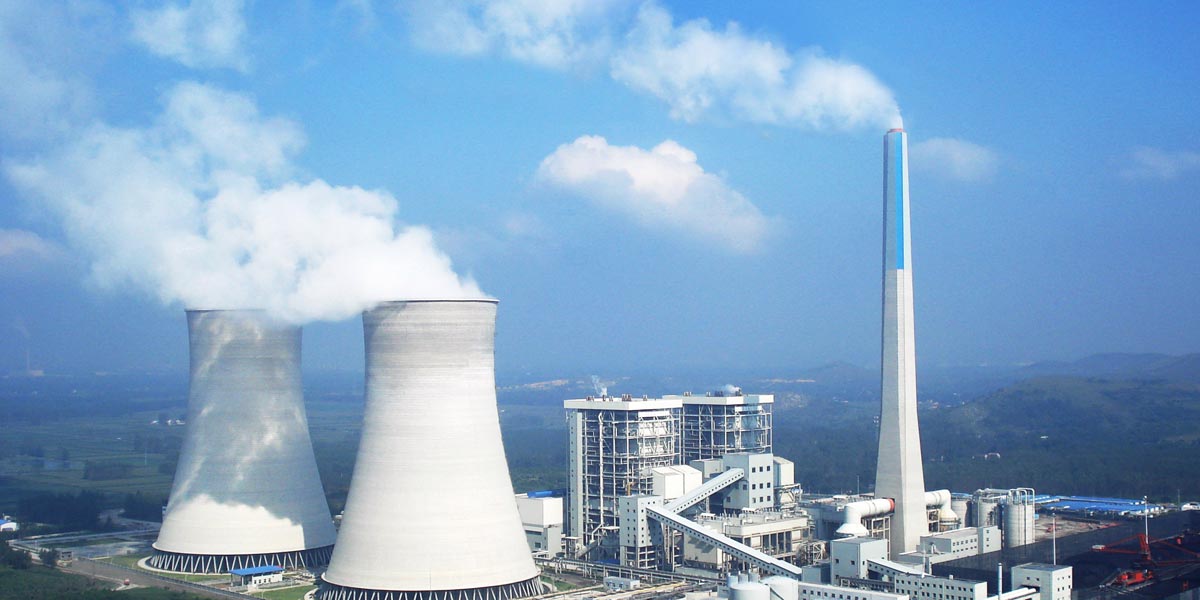
Refractory Materials for Energy Electricity
In the energy electricity industry, refractory materials are mainly used for power plant boilers, circulating fluidized bed boilers, garbage incinerators, and waste heat boilers.
- Power plant boilers use refractory items that have high refractoriness and good wear resistance. Clay refractory bricks and wear-resistant high alumina bricks are the ideal refractory materials. They also use silica carbide bricks as the lining of equipment.
- Circulating fluidized bed boilers mainly use the refractory castable in the working layer. They can greatly reduce the construction time than refractory bricks. In the vulnerable parts, circulating fluidized bed boilers use wear-resistant high alumina bricks to extend the equipment life cycle.
- Garbage incinerators usually use refractory bricks with stable chemical capacity and wear resistance. So they use clay refractory brick and wear-resistant high alumina bricks or castable.
- Waste heat boilers need refractory materials with high refractoriness and good thermal shock resistance. In the procession, boilers will transfer heat. To enhance energy utilization they use insulation bricks or ceramic fiber products, and calcium silicate insulation boards as insulation materials.
